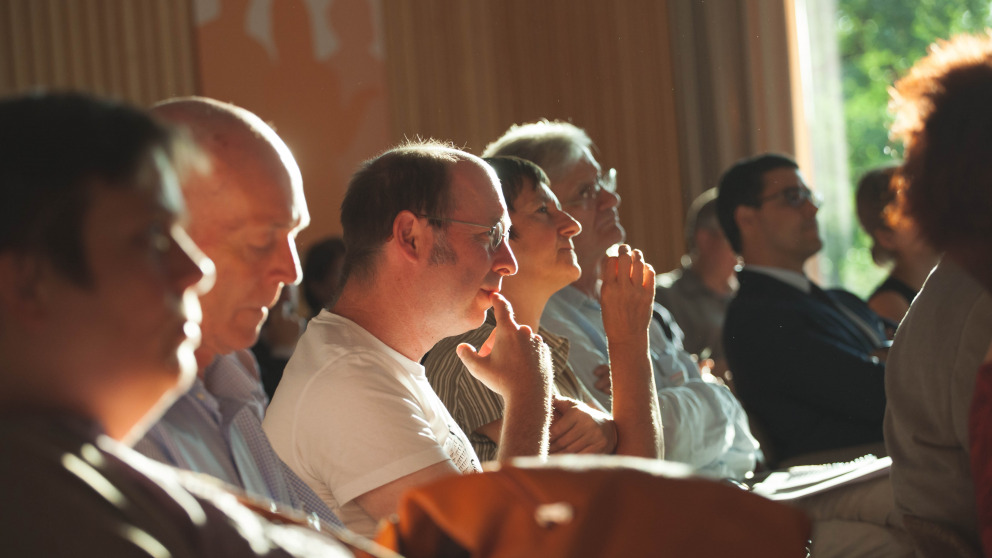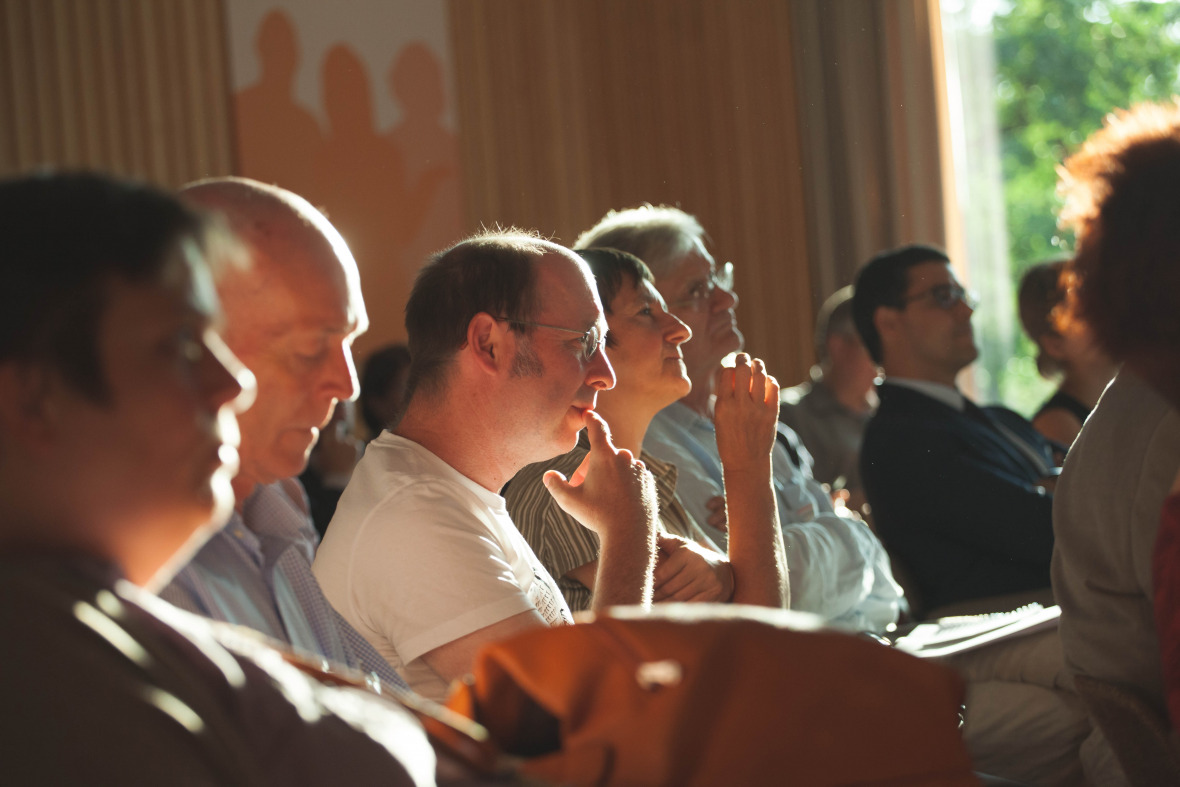Headline:
Municipal Utilities Lukewarm on Participation
Energy transition

Citizen participation is crucial to the success of the German energy transition as a project for socio-ecological transformation. Municipal utilities have an important role to play in fostering local energy transitions in cooperation with the public. Compared to their counterparts in the private sector, these enterprises are “closer” to the public for whom they work. But what does this mean for their approach to participation? What options for involvement do they actually afford the public? These issues are explored in a new IASS Working Paper that draws on empirical research, titled Working Paper „Bürgerbeteiligung, kommunale Unternehmen, Energiewende: Wie passt das zusammen?“.

Research reveals ambivalence towards participation
“Citizen participation is a widely discussed topic,” explained lead author Ina Richter. “Public consultation schemes within infrastructure planning processes and citizen-owned energy cooperatives and wind parks all play a significant role in the German energy transition. What stakeholders actually mean when they talk about “participation” is not always clear however. Little research exists, for example, on how municipal utilities approach this issue. While several best-practice reports have been published, these are mostly based on individual cases.” The paper’s authors evaluated the available research and identified the following trends:
- Utilities are divided on public participation and consultation.
Municipal utilities are divided as to whether the energy transition, with its emphasis on decentralisation, will in fact lead to greater participation by citizens. The role of public consultation and input in decision-making processes around energy infrastructure projects like wind parks is a matter of controversy within the sector, but the grounds for this scepticism and the extent to which previous research findings might have been distorted remains unclear.
- The scope of citizen participation has been limited to date.
Municipal utilities expect renewable energy generation to be an important aspect of their future business. This provides opportunities to involve citizens to a greater degree in local planning processes. This is particularly appropriate, the authors note, in light of the conflicts arising in connection with, for example, the development of wind parks. In practice, improving citizen participation requires that utilities be prepared to disclose more information and to open planning to public scrutiny.
In terms of improving economic participation, there is evidence of a growing trend towards indirect, minority interest models of profit-sharing such as investment bonds rather than the joint ownership of utilities or selected renewable energy projects. Cooperative models are increasingly finding favour with municipal enterprises, particularly in connection with strategic joint ventures and partnerships between municipal enterprises, with energy co-ops also gaining ground.
- Public relations, customer retention, and acceptance are primary concerns.
A review of the literature and available data suggests that municipal utilities view citizens primarily as customers. According to representatives from municipal utilities, this perception has been prevalent since the broad deregulation of energy markets in the late 1990s. The benefits of the resulting focus on customers and their needs are indisputable, the authors note. But this characterisation of citizens as customers does not take full advantage of the available opportunities for participation.
- Champions for change make a difference.
The research findings suggest that, despite a number of striking success stories, utilities are not exactly competing to develop more ambitious models of participation. According to the study, a variety of factors determine whether and to what degree citizens are invited to participate in energy transition projects, among them the lack of financial and human resources as well as time constraints. Decision-makers with a strong personal interest in and understanding of the nature and benefits of participation are another critical factor.
Richter, I., Nicolaus, K., Gotchev, B. (2016): Bürgerbeteiligung, kommunale Unternehmen, Energiewende: Wie passt das zusammen? Befunde zur Praxis der Bürgerbeteiligung. - IASS Working Paper, Dezember 2016.
DOI: http://doi.org/10.2312/iass.2016.032
